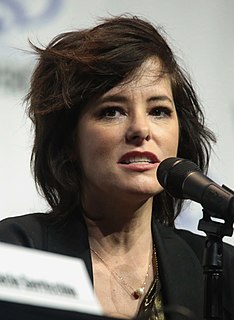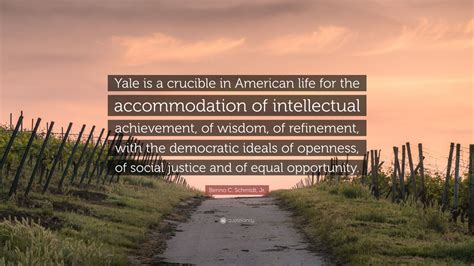A Quote by Patrick Leahy
Most Americans want a sense of privacy. A lot of us don't realize how much of our privacy we're exposing by the internet.
Related Quotes
In a democracy it is ultimately for us, the citizens, to judge where to place the balance between security and privacy, safety and liberty. It's our lives and liberties that are threatened, not only by terrorism but also by massive depredations of our privacy in the name of counter-terrorism. If those companies from which governments actually take most of our intimate details want to show that they are still on the side of the angels, they had better join this struggle for transparency too.
What I do think is important is this idea of a 'privacy native' where you grow up in a world where the values of privacy are very different. So it's not that I'm against privacy but that the values around privacy are very different for me and for people who are younger than my parent's generation, for whom it's weird to live in a glass house.
When I worry about privacy I worry about peer-to-peer invasion of privacy. About the fact that anytime anything of any note happens, there are three arms holding cell phones with cameras in them or video records capturing the event ready to go on the nightly news, if necessary. And I think that does change a lot our sense of what is going on in our neighborhoods.
































